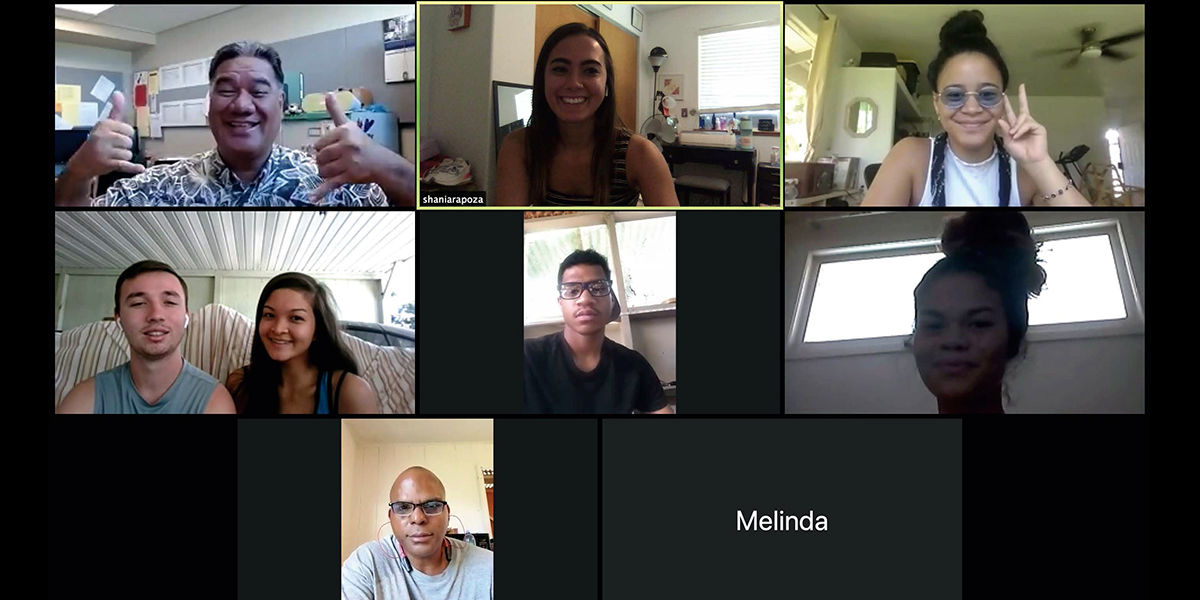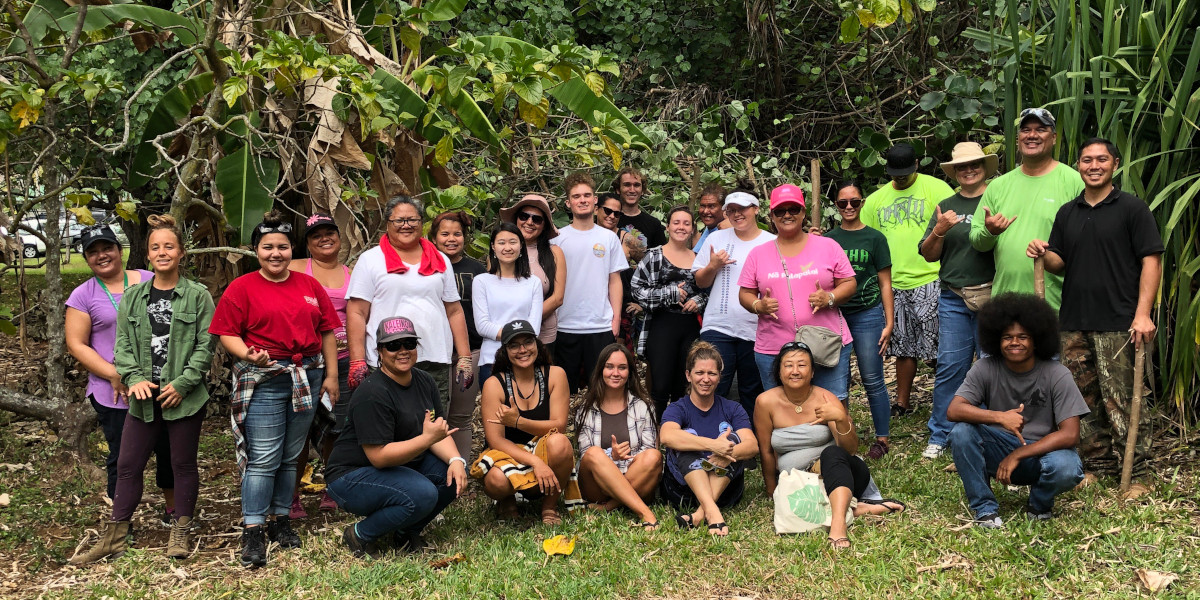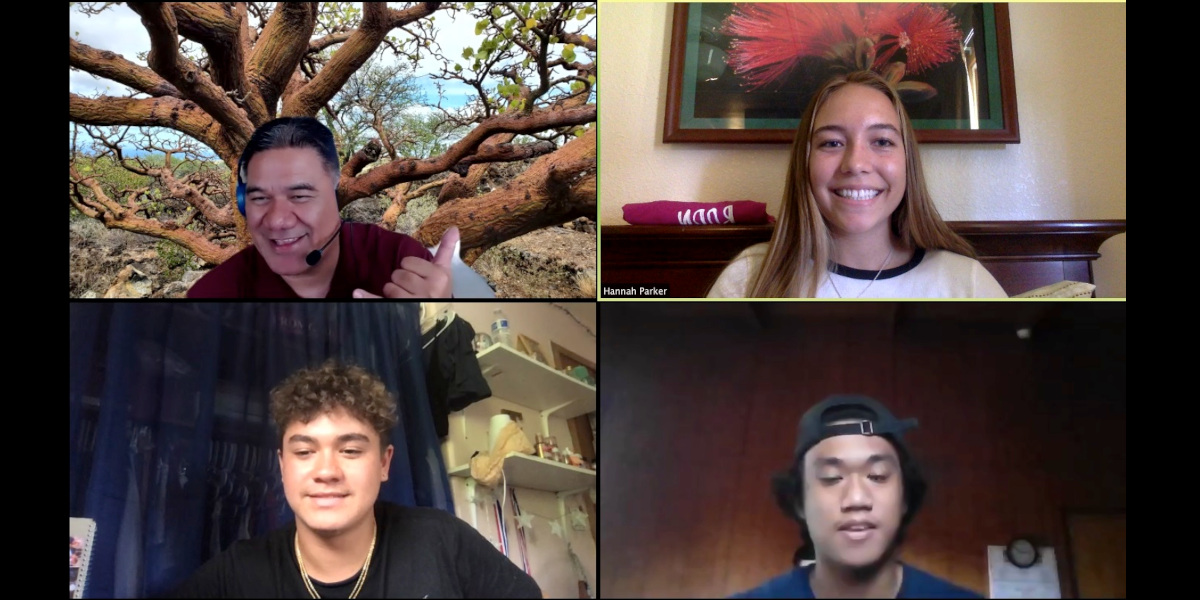Hawai‘i CC students find a place to belong even amidst pandemic
Their faces line up in rows across a computer screen while an admissions counselor answers questions about transferring to a four-year campus. It’s not quite the relationship-building these Hawaiʻi Community College students signed up for, but in the midst of a pandemic, the online Lunch and Learn session gives the cohort an important look at options for continuing their education.
These students are enrolled in Hawaiʻi CC’s 13th-year programs: Hilo One at the Hilo campus, and the Ēlama Project at the school’s Pālamanui campus in Kona. The programs support non-college-bound high schoolers and non-traditional students as they attend and complete their first year.
Bridging the divide
In addition to reducing barriers to access and success, online sessions give students a “sense of belonging and attachment to Hawaiʻi CC and its programs,” says coordinator Dana Pumehana Aina. “Many of our students are from communities where hands-on experience and face-to-face interaction are important. Seeing each other’s faces—knowing they’re part of a real group—has really helped. The transition has been rough.”
Getting online itself can be a barrier, as many students live in remote parts of the island where internet providers don’t offer services. Aina says, “Some areas don’t have cell phone reception either, so a mobile hot spot wouldn’t even help. Students have to drive to the nearest area with reception.”
Reaching out; stepping up
Still, the program thrives. Peer mentoring and tutoring by past Hilo One and Ēlama Project participants, combined with the college’s counseling and services, prepare students for self-advocacy when problems arise.
“We want our students to be aware of their resources, on campus and off. In addition to our offices in Hilo, Kona and Honoka‘a, community groups and human services organizations can offer support,” says Aina. “Make those connections: if you have a challenge and you don’t tell anyone, nothing will be done about it. I think it’s working! Our surveys show that for students who take advantage, it’s making a difference.”
By the end of the previous school year, 82.5 percent of the cohort successfully completed its first year, with 67.5 percent enrolling for a second year. These students, who otherwise wouldn’t have considered college a realistic option, are learning to succeed, continuing toward degrees and certifications.
To foster the sense of community and responsibility, a community service requirement means thinking differently these days. “It’s not eight hours on a Saturday to do beach cleanup with 100 people,” says Aina, “but growing vegetables in your garden at home and sharing with neighbors, or donating extra clothes for others, or supporting a food drive. We challenge them to serve the community, serve the ‘ohana and feel like they’re giving back.”
Breaking barriers
One formidable barrier to higher education is its cost. Tuition, fees, and other expenses prevent many students from taking just the first step, but support from the community eases the burden. Along with other benefactors, Oak Foundation, whose goal is “to support and enable others to make the world a safer, fairer and more sustainable place to live,” provides scholarships for Hilo One and Ēlama Project participants. Some of this funding provides campus jobs for peer tutors and mentors, who remain connected to the programs when they’ve completed them.
“I’m 35 years old, a wife with four children. I am one step closer to making life better for me and my ʻohana,” writes Heather, a 2019 Ēlama Scholar, in a thank-you note to the Oak Foundation Fund.
Luis, a 2019 Hilo One Scholar, earned his associate’s degree in automotive technology. He writes in a letter to donors, “I hope one day to help students achieve their goals as you have helped me.”
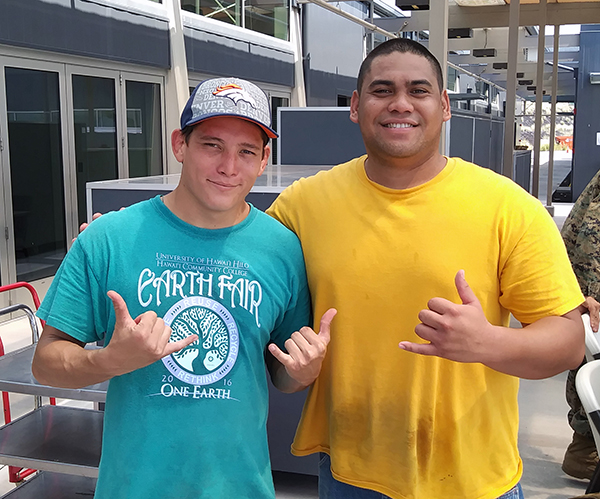
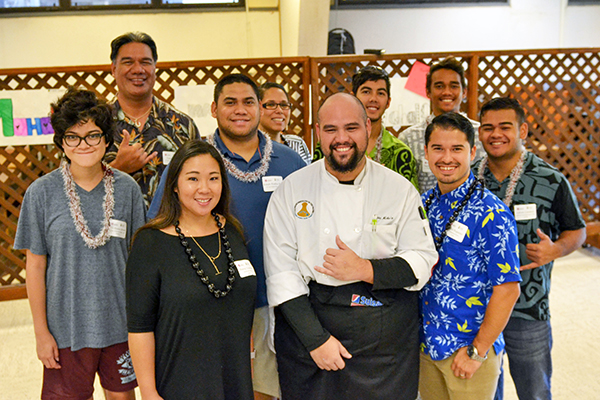
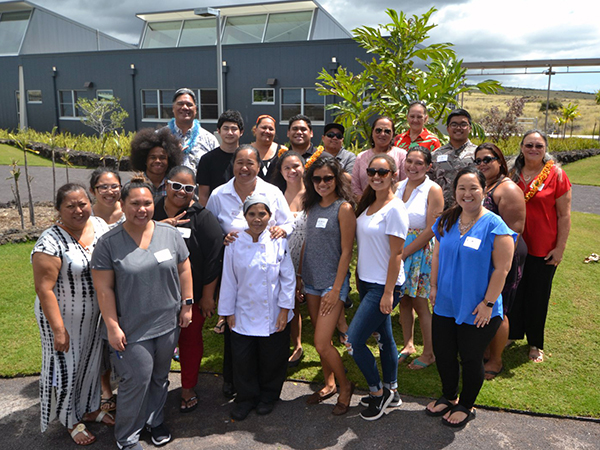
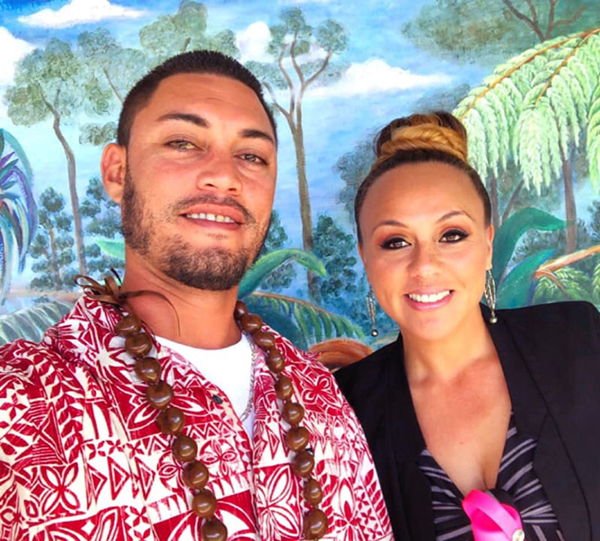
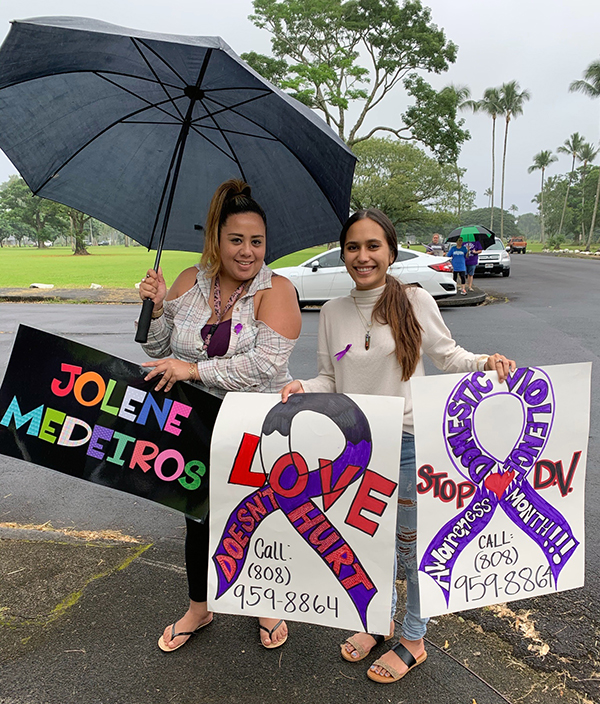
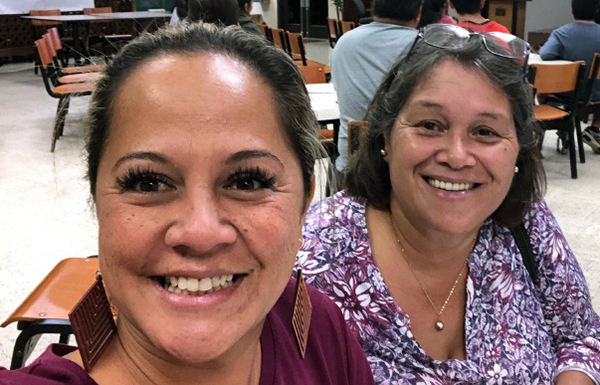
Questions? / More Information
If you would like to learn how you can support UH students and programs like this, please contact us at 808 376-7800 or send us a message.
